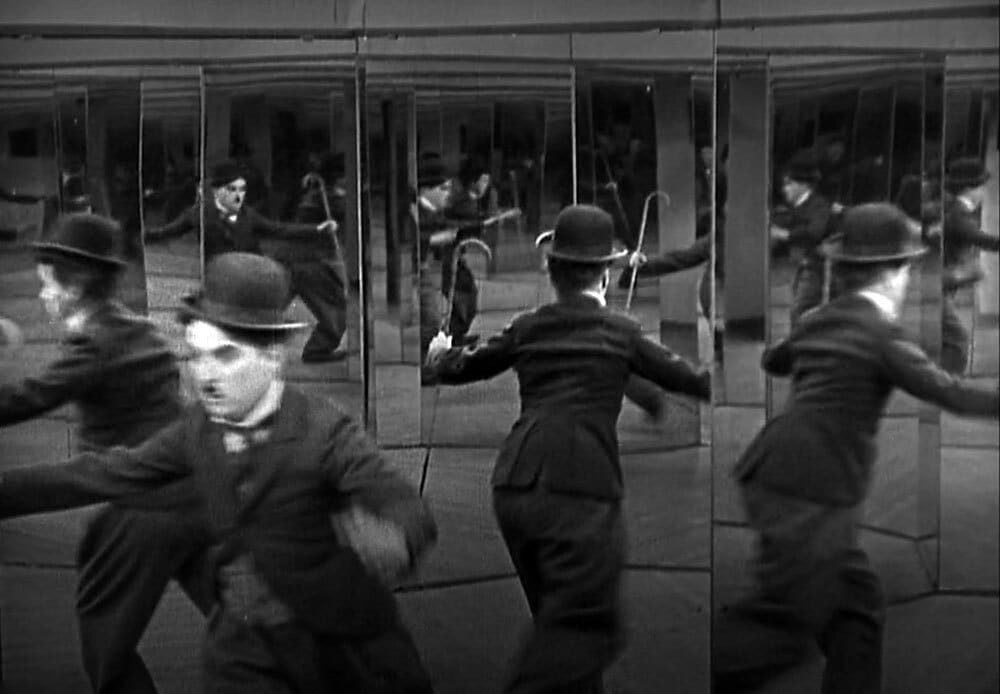I’ve been putting off writing about the impact of the Red Scare on radio. It is very important, but also it feels like there is not a lot new or surprising to add, since many actual historians have written about this era when, from the late 1940s to early 1960s, anti-Communist paranoia ruled the land and wrecked countless careers. But then I found one story so weird, so convoluted and strange, that I couldn’t stop wondering about it. And that’s what you’re getting today.
But first, a confession about last week’s post, which involves a break-up talk on a cross-country train in 1948 between radio’s prestigious “poet laureate” Norman Corwin, and the head of CBS, Bill Paley. I would go back and read that post, if you haven’t. Because here’s the confession: I didn’t include the parts of that conversation that involved what would later be called the Red Scare.
As Corwin recounts, he sat with Paley in the train’s dining car, listening to him describe his dream for a new, improved post-War radio network that could — but probably wouldn’t — include the guy across the table. “He was simply describing the new look,” Corwin later said, and then continued:
…and the look was through a glass darkly, even for him.
“There’s going to be a terrible wave of reaction in this country,” he went on, “McCarthy and McCarran and the rest, investigations and volunteer bloodhounds. No place will be safe for a liberal…”
Red rap
“Reaction” referred to anti-Communist crusaders that were coming for broadcasting. Wisconsin Senator Joe McCarthy and Nevada Senator Pat McCarran led the charge, and they had geopolitics on their side. Americans had just watched in alarm as the Soviet Union, their erstwhile ally against Nazism, blockaded Western-controlled sectors of Berlin. Soviet dictator Joseph Stalin was making aggressive moves all over the world, and espionage within the US nuclear program was a real (and, as it soon turned out, valid) concern. Any American who had at any point shown sympathy for, or even too much curiosity about, the Moscow regime was now in potential trouble. And that included Norman Corwin.
Subscribe to Continuous Wave to read the rest.
Become a paying subscriber of Continuous Waver to get access to this and dozens of deep dives plus exclusive content.
UpgradeA subscription gets you:
- Continuous Wave logo stickers
- Personalized letter explaining the origins of the CW logo!
- Access to paywalled articles through 2026.


